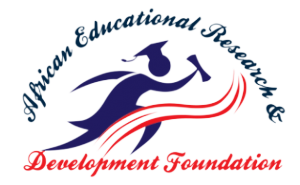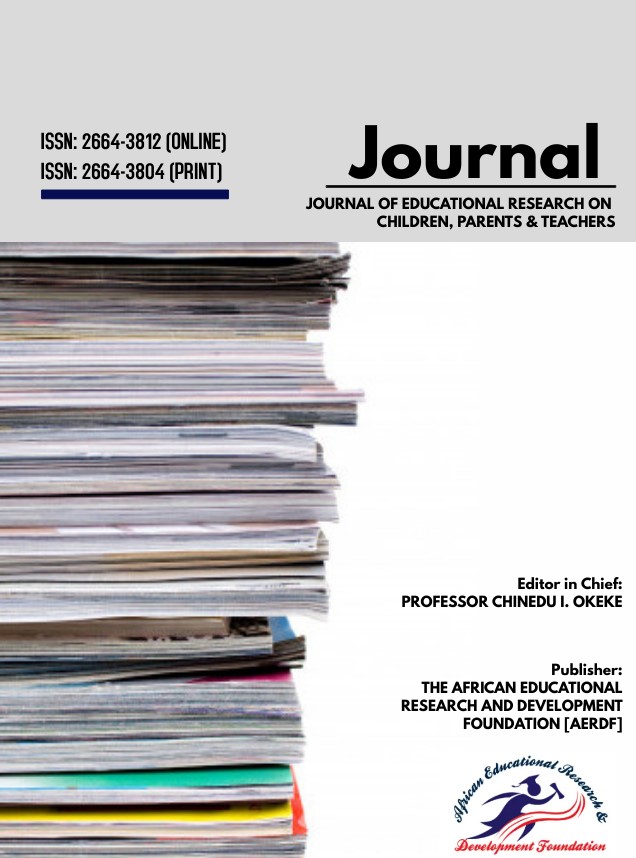IMPROVING STUDENTS’ SUMMARY WRITING SKILLS THROUGH PEER AND SELF-ASSESSMENT TECHNIQUES: DOES GENDER MATTER IN CROSSASSESSMENT LEARNING?
Authors:
Department of Arts Education, Faculty of Education, University of Nigeria, Nsukka
Contact: chioma.patrick@unn.edu.ng
Abstract
Efforts have been underway to improve students’ summary writing skills. Crossassessment learning involving peer and self-assessment as formative assessment techniques have shown promising results. However, it was not clear if leaner’ gender could predispose them from benefiting more or less from these assessment techniques in teaching and learning of summary writing. To this end, the present study examined the effect of peer and self-assessment techniques, moderated by gender, on students’ achievement in summary writing. The study adopted a quasi-experimental design. Using a multi-stage sampling technique, 207 Senior Secondary II students (98 male and 109 female) in six intact classes were recruited for the study. Data were collected at pre-test and post-test using an adopted summary passage titled "Summary Achievement Test in English Language (SATEL)". Data were analyzed using mean, standard deviation and analysis of covariance. It was found that although peer and selfassessment techniques improved students’ summary skills more than conventional teacher assessment technique, students’ gender did not influence the impact of the assessment techniques. Both male and female students showed comparable achievement in both peer and self-assessment groups. It was therefore recommended that language education teachers be encouraged to improve their classroom practice by incorporating self- and/or peer assessment in their daily lesson plans, especially in summary writing classes. This is because, apart from ensuring higher achievement compared to the teacher assessment, both male are and female students tend to benefit maximally as well; no gender group is less privileged when peer and selfassessment are used in teaching and learning in summary writing classes.
Keywords
peer assessment; self-assessment, summary writing; achievement; gender.


